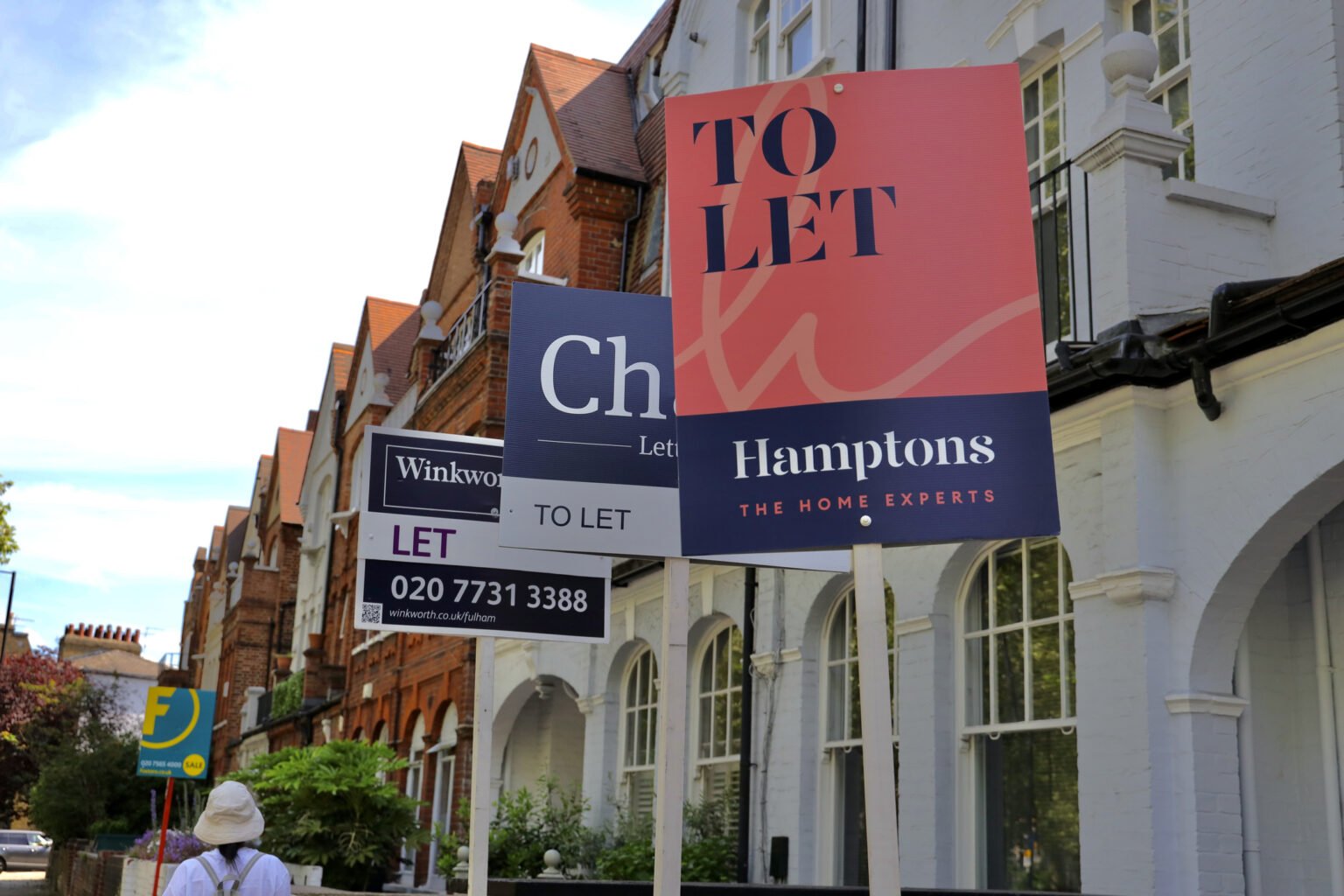From April next year, stamp duty thresholds will drop for both first-time buyers and the wider market, which could mean a bigger tax bill. Will more tenants stay put as a result?
Rental demand across much of the UK has been far surpassing the number of homes on the market for a number of years, with private tenants renting for longer than ever in life. This is due to a combination of factors, including affordability – which has been exacerbated by rising house prices and, more recently, mortgage rates.
In 2022, the UK government introduced a temporary increase to stamp duty, making it cheaper for many buyers to get onto the housing ladder, or move house. For first-time buyers, this meant the nil-rate threshold increased from £300,000 to £425,000 – so no stamp duty was due on homes below this amount.
From April next year, these thresholds are set to revert back to their previous levels. For home movers, the threshold was temporarily raised from £125,000 to £250,000, but is expected to go back to the original rate from April, bringing the vast majority of property purchases back above the threshold.
As a result, many agents are expecting a rush of buying activity during the first few months of 2025 as people try to complete purchases before the tax change comes in.
For prospective first-time buyers, the impact could be felt on a wider level – essentially, it could push more people into the rental market for longer, as the higher tax rate could make getting onto the property ladder harder.
Landlords on the stamp duty change
Another big change that was brought in by Labour – which took immediate effect from the day after the Budget – was the increase of the ‘higher rate for additional property’. This means landlords, property investors and second home buyers now pay an additional 5% on top of the basic level of stamp duty, up from 3% before the change.
While this is something landlords and property investors will need to factor into their purchases, many in the market believe it is unlikely to deter serious investors, due to the underlying strength of both the rental market and the housing market. Buyers can still achieve strong yields and capital appreciation in many parts of the UK, but particularly in the North West and North East.
And the change in stamp duty for first-time buyers could increase tenant demand further, boosting rents and bringing landlords more confidence that their rental properties will be filled.
This was the finding from Landbay’s recent landlord survey, which asked: “The Government will not extend the temporary stamp duty threshold for buyers past the end of March next year. How do you think this might affect the rental market?”
In response, almost half (49%) of landlords said they thought more tenants would stay put or rent for longer; while 35% said the change might increase demand.
Optimism was the highest among medium-sized portfolio landlords, with around a third (30%) of those who thought the stamp duty change would boost demand being landlords who owned between four and 10 properties. A quarter (24%) of those who made this response had 11 properties.
Property investment boost
Commenting on the findings, Rob Stanton, sales and distribution director at Landbay, said: “The threshold change has given landlords cause for optimism in what is an uncertain time.
“But it is worth remembering that the market is incredibly resilient as it is. Demand for decent rental properties already continues to outstrip supply, with many tenants ready and willing to rent across the country.
“We are finding that, while some disaffected landlords are sitting on their hands, others are exploring investment opportunities across the country. We would not be surprised if the threshold change gives the market a further boost.
“As a buy-to-let lender we remain committed to innovating to meet the needs of landlords. We are ready, willing and able to support them.”
Labour has announced other measures to help first-time buyers onto the property ladder, including enforcing stricter measures on the construction of affordable housing. It has also pledged to launch the Freedom to Buy mortgage scheme, which will be a permanent mortgage guarantee scheme, to support lending at 95% loan to value for first-time buyers.









